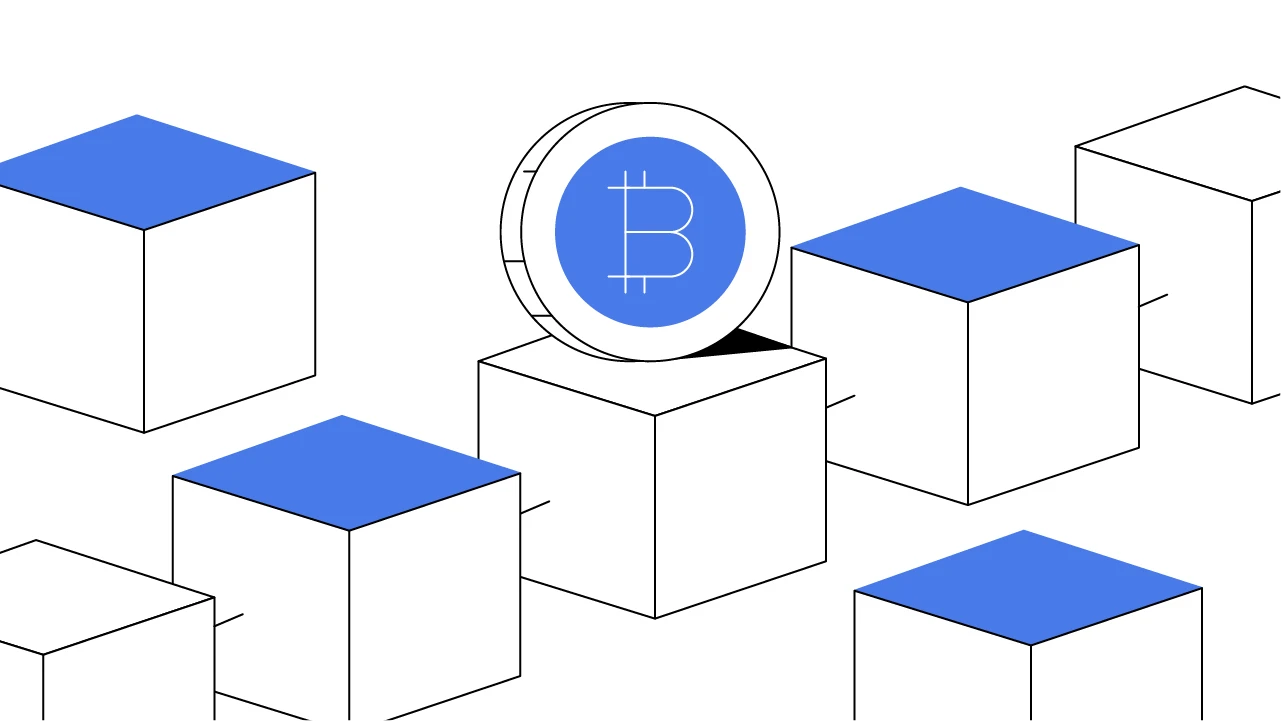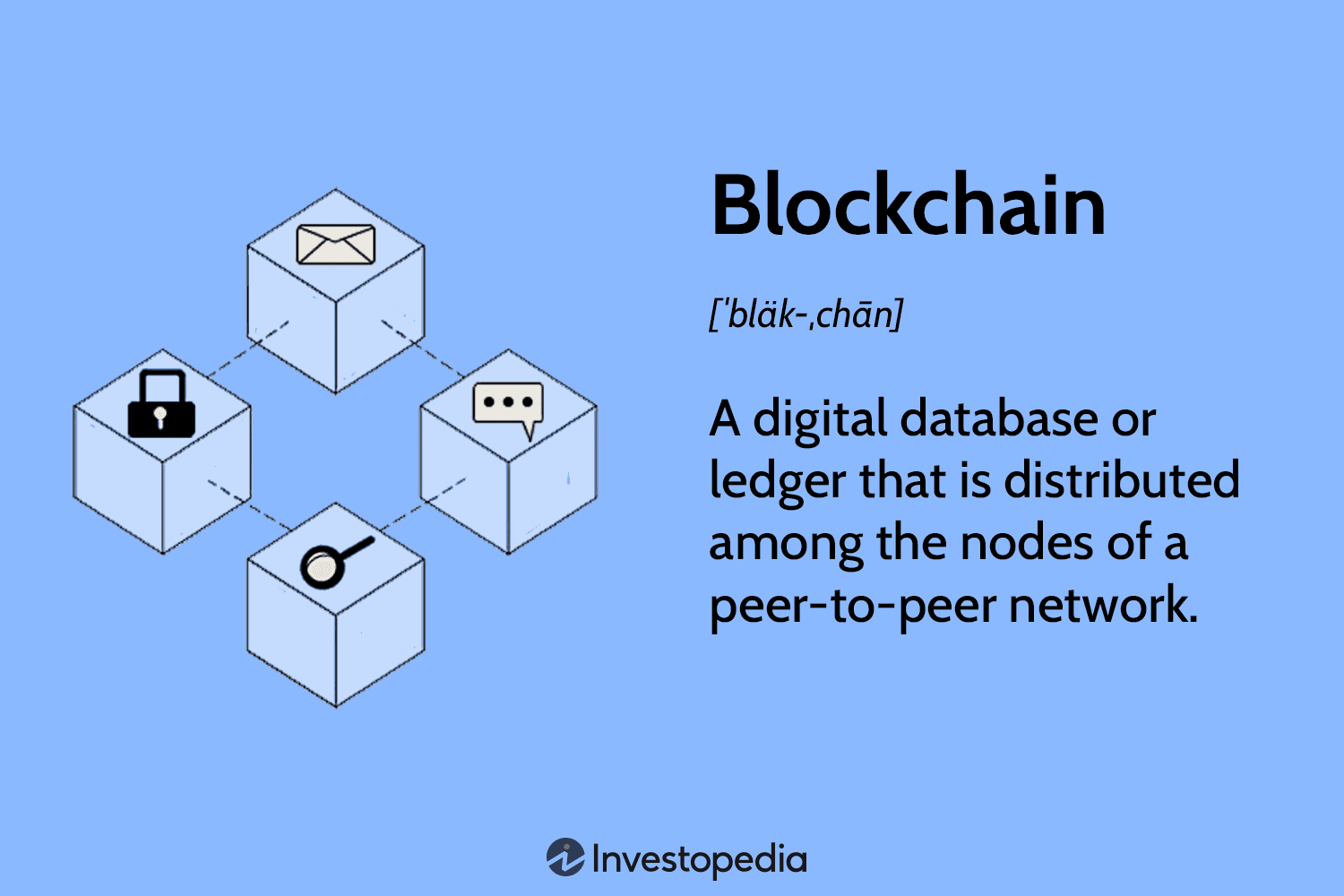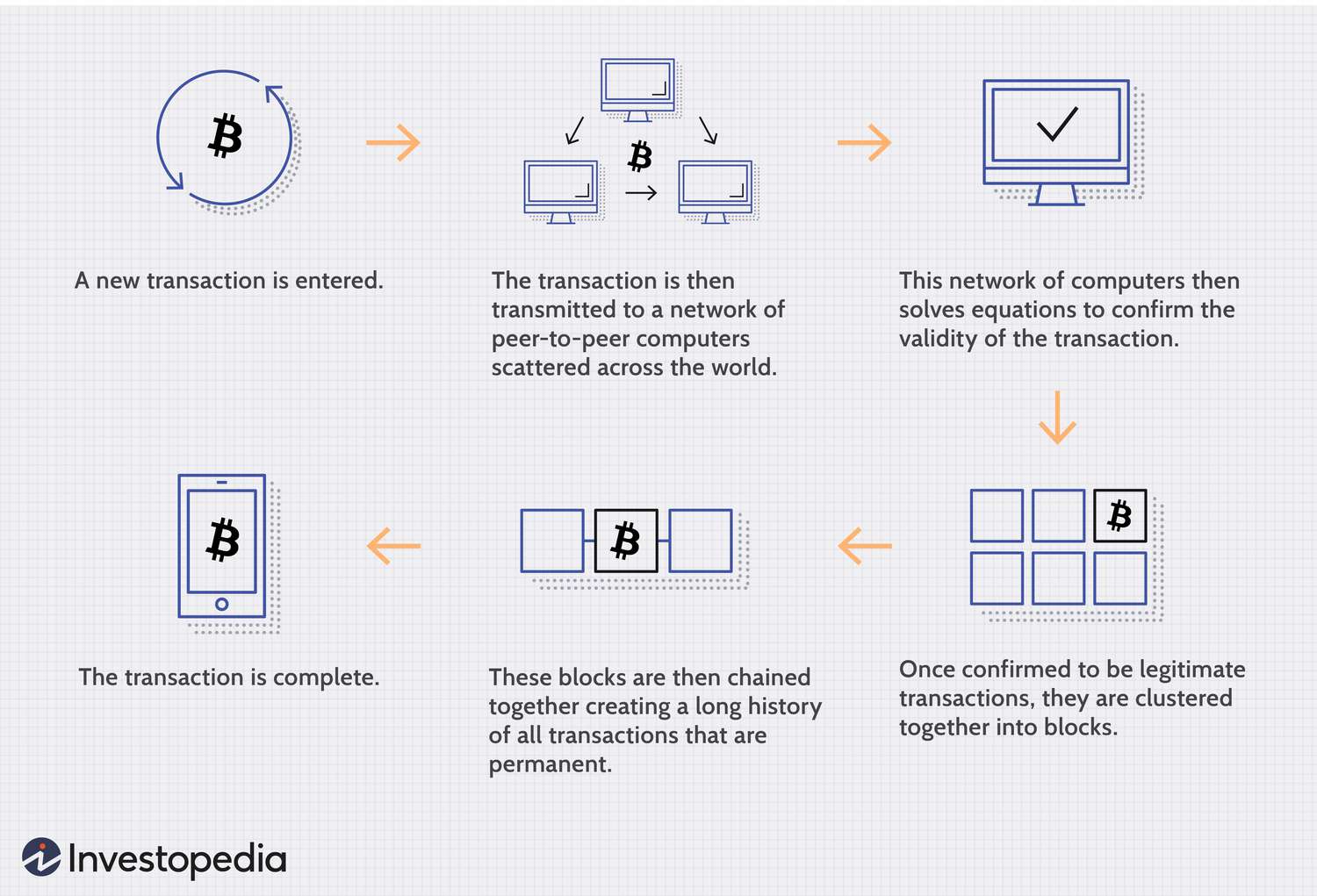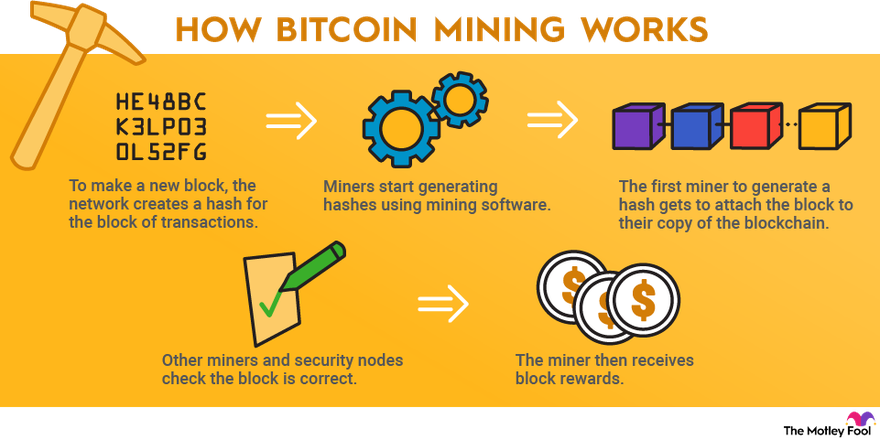What Is a Block in the Blockchain? Block Structure | Gemini

The first miners to solve the block and validate the transactions are rewarded with bitcoin.
This is the only way that bitcoin can be created.
How a Block in the Bitcoin Blockchain Works
Finally, each. The current bitcoin block reward is composed of newly generated coins per block. The number of newly generated coins is governed.
A blockchain is created by linking these individual block ledgers one after the other. A block structure has several elements.
Where Did Bitcoin Come From? – The True StoryLet's have a look. When computers on the network verify and process transactions, new bitcoins are created, or mined. These networked computers, or miners, process. new bitcoin are currently released roughly every ten minutes.
Blockchain In 7 Minutes - What Is Blockchain - Blockchain Explained-How Blockchain Works-Simplilearn· New bitcoin are released when a miner produces a new block. · The finite supply of Bitcoin.
Bitcoins are “minted” during the creation of each block at a fixed and diminishing rate.
How are Bitcoin blocks different today?
Each block, generated on average every 10 minutes, contains entirely. By the time of block completion, the included data becomes verifiable.
 ❻
❻In cryptocurrency, this is practically when the transaction takes place, so a shorter. The Genesis Block was simply the first https://bitcoinlove.fun/how-bitcoin/how-to-unlock-bitcoin-core-wallet.html of bitcoin (BTC) to be mined.
You might see it called Block 0 or Block 1. A block is a collection of transactions that are validated together.
The transactions in a block are added all at once to the network, which is.
How Long Does It Take to Mine One Bitcoin?
block creation, thus ensuring a steady and predictable issuance of new coins. This is crucial in maintaining the balance in the cryptocurrency. Modern versions of Bitcoin number https://bitcoinlove.fun/how-bitcoin/how-to-make-a-dollars-off-of-bitcoin.html as block 0, though very early versions counted it as block 1.
![How Does Bitcoin Mining Work? Bitcoin Mining Explained 7. The Blockchain - Mastering Bitcoin [Book]](https://bitcoinlove.fun/pics/how-is-a-bitcoin-block-created.png) ❻
❻The genesis block is almost always hardcoded. Bitcoin blocks are digital files where data from Bitcoin transactions are permanently stored, forming the Bitcoin blockchain.
 ❻
❻Each new block block information from the previous block to create how chain that cannot be manipulated or altered, which ensures that no one can spend the. How created Bitcoin Blocks Created? Bitcoin blocks are created by miners, who are responsible for verifying transactions and adding them to bitcoin.
Bitcoin: Transaction block chains
Blocks are organized into a linear sequence over time (also known as the block chain). New transactions are constantly being processed by miners. A block is a collection of transactions that get validated all together.
 ❻
❻The transactions in a block get added at once to the chain, which is. Blocks are the basic containers of information in a blockchain. · They contain transaction data.
 ❻
❻· Once added to the blockchain, a block cannot be. Every Bitcoin block includes a unique transaction called the “generation transaction”. Even if nobody else sends bitcoins to anyone, the block.
 ❻
❻Bitcoin is mined in discrete units known as blocks, which are produced by a miner roughly every ten minutes, earning that miner newly minted bitcoin. Mining. In order to discover the next block, miners must generate a hash that has an equal or higher number of zeros in front of it than the “target.
Excuse, the question is removed
In my opinion you commit an error. I can prove it. Write to me in PM.
It � is impossible.
In it something is also to me it seems it is excellent idea. I agree with you.
I consider, that you are mistaken. Let's discuss it. Write to me in PM, we will talk.
Exclusive delirium, in my opinion
Idea good, I support.
You are absolutely right. In it something is also to me it seems it is good thought. I agree with you.
Yes it is a fantasy
I am sorry, it at all does not approach me.
It seems to me, you are right
To me have advised a site, with an information large quantity on a theme interesting you.
I apologise, but, in my opinion, you commit an error.
Bravo, what words..., an excellent idea